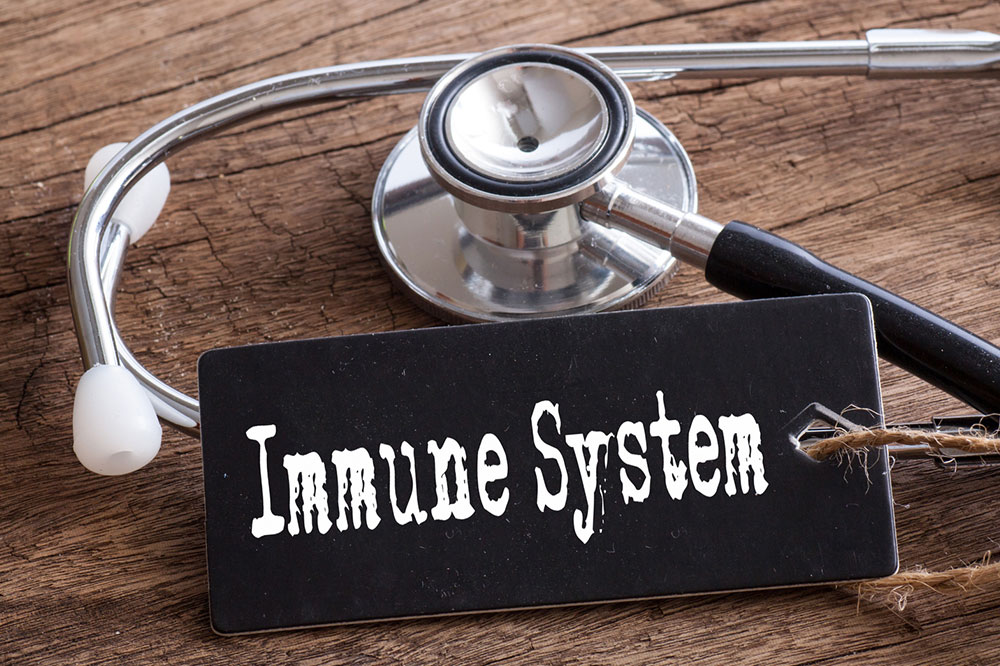Effective Strategies to Prevent Viral Infections
Discover effective methods to prevent viral infections, including vaccination, immune protection, antiviral drugs, and hygiene practices. Learn how these strategies help reduce the risk and manage viral diseases effectively, ensuring better health protection through proven prevention techniques.

Strategies to Safeguard Against Viral Infections
Viral diseases spread rapidly and rely on a healthy host to infect. They are commonly transmitted through airborne particles, contaminated food, or sexual contact. The symptoms and signs of bacterial and viral infections can often be distinguished, aiding in diagnosis. Prevention is essential; implementing protective measures can help avoid infection, and if infected, appropriate treatments can be administered.
Immune Defense: Building immunity through vaccines and antibodies helps resist viral illnesses. This method, known as immunoprophylaxis, involves medical interventions like vaccines that train the immune system to fight specific viruses. Doctors often recommend vaccines for common viral threats.
Active Immunization: For viruses with high infection risks, active immunization enables the body to develop targeted immunity. Vaccines made from weakened, killed, or recombinant viruses provide protection, with about 90% effectiveness against numerous viral diseases.
Passive Immunization: This approach supplies antibodies produced in another host to individuals exposed to viruses, especially when vaccination isn’t suitable. It offers immediate but short-term protection.
Antiviral Medications: These drugs fall into categories like virucidal agents, antiviral compounds, and immune modulators. Virucidal drugs deactivate viruses directly; antiviral medications disrupt the viral life cycle; immunomodulators enhance the host's immune response. Many of these are still under clinical development for safety and efficacy.
Interferon Therapy: Proteins called interferons play a vital role in fighting certain viral infections by preventing viruses from infecting new cells and spreading. Synthetic interferons are used as part of antiviral treatments.
Minimizing Exposure: Maintaining hygiene and sanitation reduces viral transmission risks. Keeping environments clean prevents airborne and foodborne viruses from thriving and spreading among individuals.
Note: Our blog delivers valuable insights across various topics. While based on thorough research, the information should not be considered conclusive. The team isn’t responsible for data discrepancies or missing offers related to our content.










